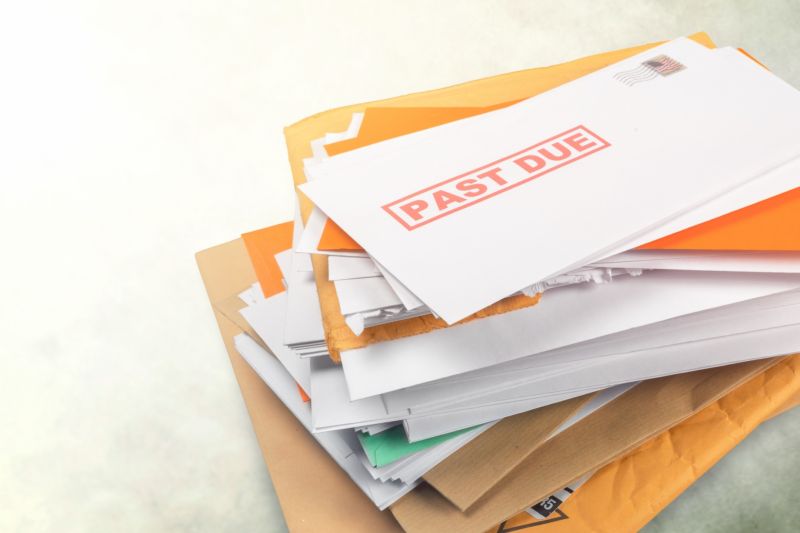ST. PETERSBURG — A good credit rating is very important. Businesses inspect your credit history when they evaluate your applications for credit, insurance and even leases. They can use it when they choose to give or deny you credit or insurance, provided you receive fair and equal treatment.
Sometimes, things happen that can cause credit problems: a temporary loss of income, an illness, even a computer error. Solving credit problems may take time and patience, but it doesn’t have to be an ordeal. And you don’t have to face the challenges alone.
Neighborhood Home Solutions (NHS) offers free assistance in addressing collection problems. Because you are responsible for your debts, if you fall behind in paying your creditors, or if an error is made on your account, you may be contacted by a “debt collector,” any person, other than the creditor, who regularly collects debts owed to others, including lawyers who collect debts on a regular basis. You have the right to be treated fairly by debt collectors.
As noted, a financial crisis can happen to anyone. And it is important to understand your rights and not become overwhelmed. The Fair Debt Collection Practices Act (FDCPA) applies to personal, family and household debts. This includes money you owe for the purchase of a car, for medical care or for charge accounts. The FDCPA prohibits debt collectors from engaging in unfair, deceptive, or abusive practices while collecting these debts. Under the FDCPA:
- Debt collectors may contact you only between 8 a.m. and 9 p.m.
- Debt collectors may not contact you at work if they know your employer disapproves.
- Debt collectors may not harass, oppress, or abuse you.
- Debt collectors may not lie when collecting debts.
- Debt collectors must identify themselves to you on the phone.
- Debt collectors must stop contacting you if you ask them to do so in writing.








